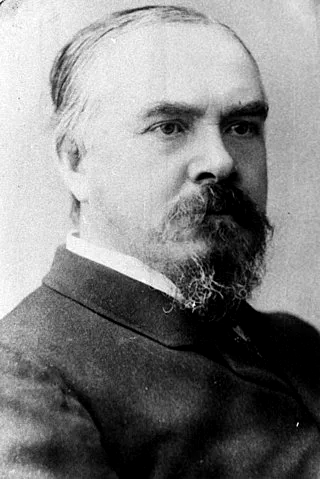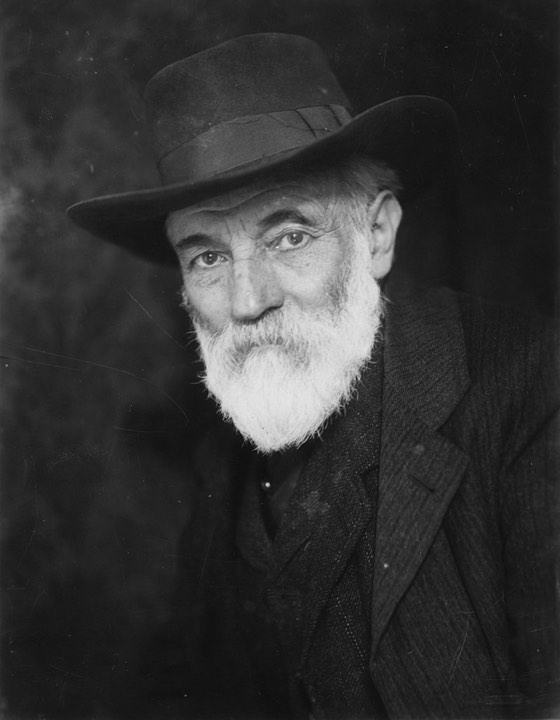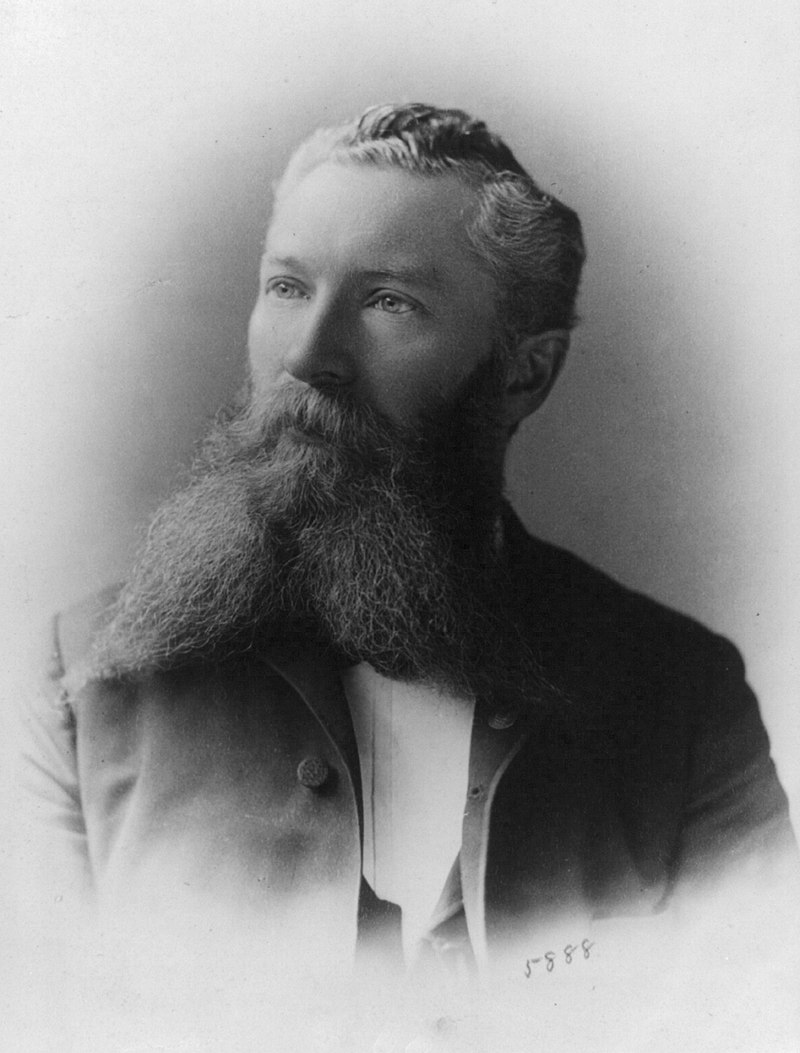- March 27, 1839
John Ballance (27 March 1839 – 27 April 1893) was an Irish-born New Zealand politician who was the 14th premier of New Zealand, from January 1891 to April 1893, the founder of the Liberal Party (the country’s first organised political party), and a Georgist.
In 1890 he led his party to its first election victory, forming the first New Zealand government along party lines, but died in office three years later. Ballance supported votes for women. He also supported land reform, though at considerable cost to Māori.
John Ballance, born on March 27, 1839, in Glenavy, County Antrim, Ireland, was a notable figure in New Zealand’s political history, serving as the 14th Prime Minister of New Zealand from January 24, 1891, until his death on April 27, 1893. His leadership is particularly remembered for his commitment to liberal reforms and his role in laying the groundwork for the modern welfare state in New Zealand.
Before entering politics, Ballance emigrated to New Zealand in 1866, initially working as a journalist before venturing into politics. His political career was marked by progressive ideas, advocating for women’s suffrage, land reform, and social welfare policies. Under his prime ministership, significant reforms were initiated, including the Women’s Suffrage Bill, which, though not passed during his tenure, led to New Zealand becoming the first country in the world to grant women the right to vote in 1893, shortly after his death.
Ballance was also a proponent of land reforms aimed at breaking up large estates to provide more opportunities for small farmers, reflecting his vision for a more egalitarian society. His leadership of the Liberal Party marked the beginning of its dominance in New Zealand politics, which would last until the early 20th century.
John Ballance’s contributions to New Zealand’s political landscape were significant, with his reformist agenda setting the stage for the social and economic policies that would shape the nation in the following decades. His legacy is remembered as one of advocacy for fairness, equality, and progress.

 ← John B. Yeats, painter and father of William Butler and Jack B. Yeats, is born in Tullylish, Co. Down
← John B. Yeats, painter and father of William Butler and Jack B. Yeats, is born in Tullylish, Co. Down St. Clair Mulholland, Union Civil War General and Medal of Honor winner, is born in Lisburn, Co. Antrim →
St. Clair Mulholland, Union Civil War General and Medal of Honor winner, is born in Lisburn, Co. Antrim →